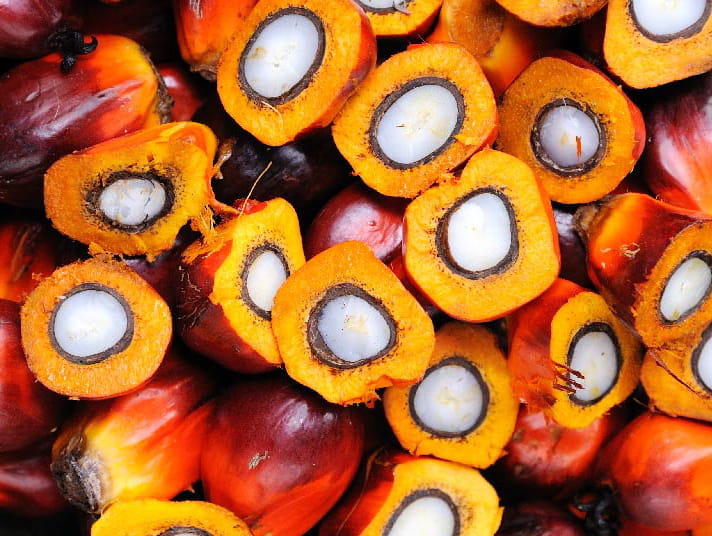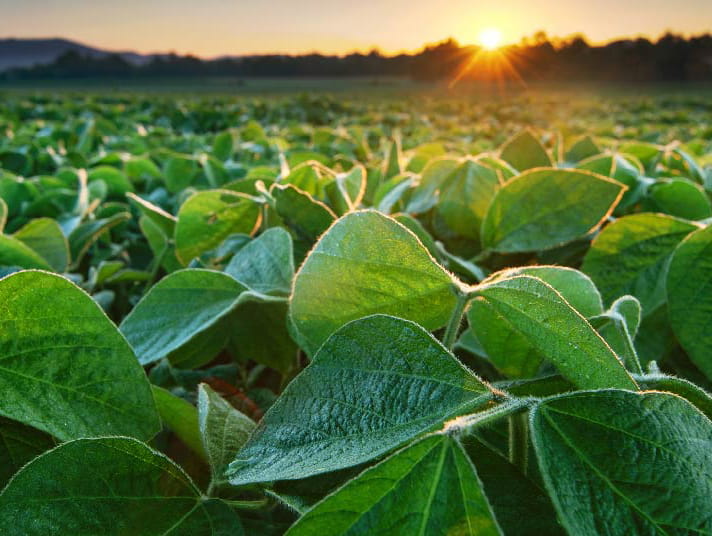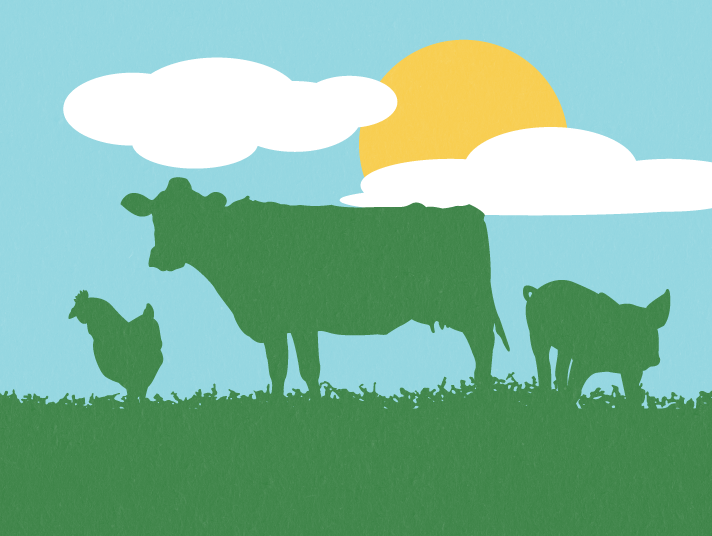We are currently fully focused on sustainably sourcing all five of our branded iconic products by 2025. However, as we begin to reach our targets, additional focus will be given to the next ingredients on our priority list: turmeric, cumin, celery seed, dill seed, ginger, sage, cardamom, cloves and thyme.
In addition to our five iconic ingredients, palm oil, rice, soy and wheat are four agricultural commodities our organization produces or sources that are considered to have a significant agricultural impact on the environment. Thus, we continue to pursue ways to source these raw materials in a less resource-intensive, sustainable manner.











